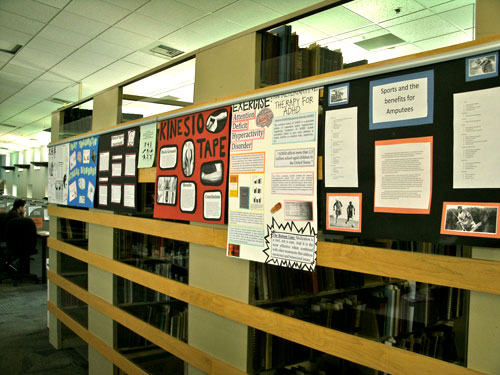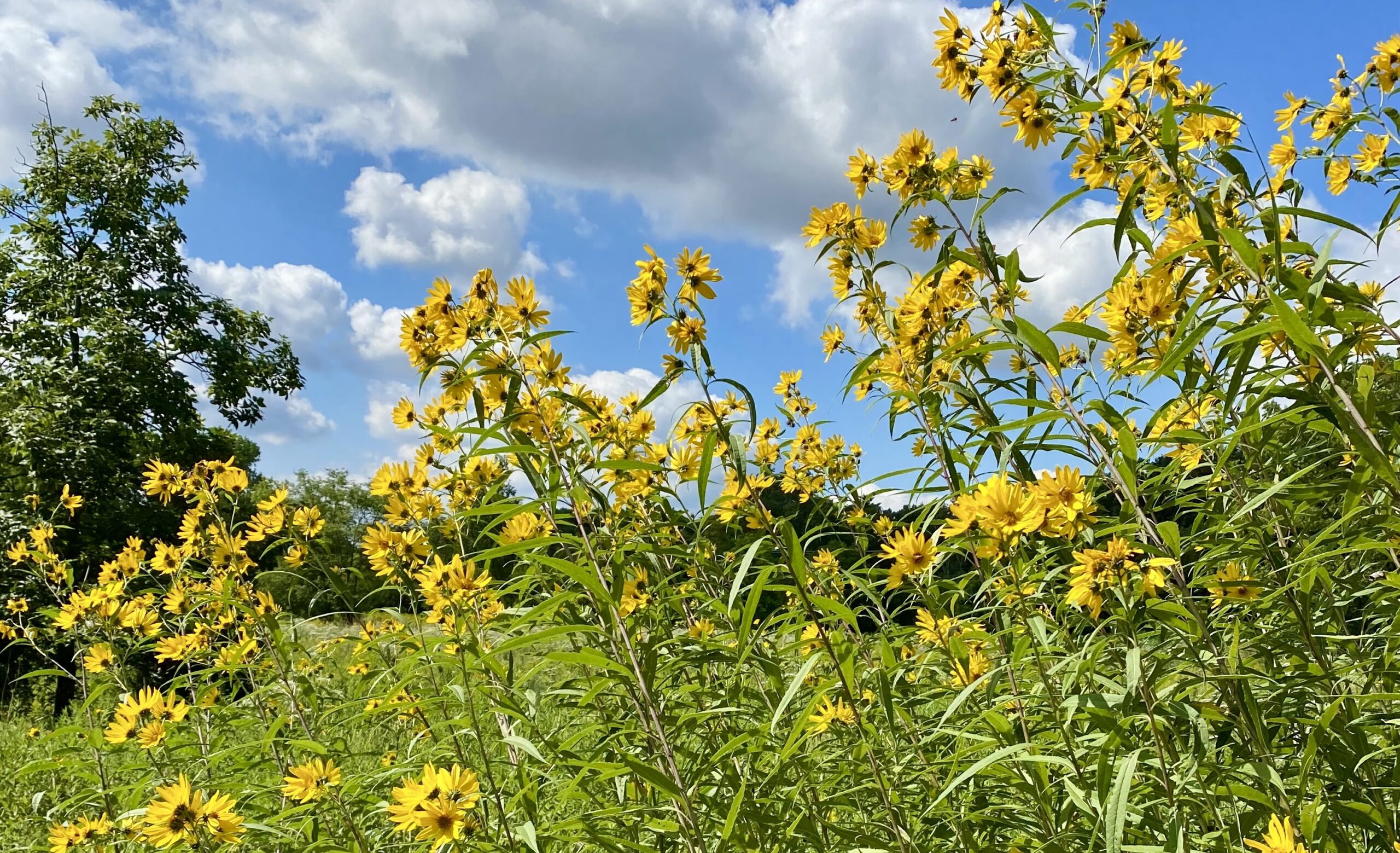Have you ever wanted to learn more about what happens to the human body when we exercise? Exercise physiology is a course option in the biomedical science program at National University. It combines metabolic biochemistry, cellular and organ system physiology, as well as anatomic structure and function in order to understand and explain physical and athletic performance and how the body adapts to it.
In addition to learning the basics of exercise physiology, NUHS students go deeper.
Instructor Nancy Stienke gives students the chance to explore personal interests and take more control over what they learn. “The students write a paper reviewing the scientific literature on any exercise topic of their choosing. They also create a poster based on that information, and make a presentation on the topic the last week of class,” she explains.
The students get lots of help in their research. “Our Learning Resource Center provides a workshop for them, teaching them how to search our electronic databases for the information they need,” says Nancy. “They learn how to choose a topic that is broad enough to provide enough research to prepare a good review, but not so broad that it pulls up too much research to read.”
Below are some of the research posters prepared by biomedical science students enrolled in the NUHS exercise physiology course. They cover topics such as health benefits of Yoga or Tai Chi, sports benefits for amputees, or resistance training for children.

“The goal of this project is to give students a chance to work with the scientific literature and get a glimpse of what it takes to communicate information to the scientific community,” says Nancy Stienke. “Professional posters are very common at scientific meetings. This project shows students the steps involved with creating a scientific poster, while also giving them greater expertise on their topic.”
For those who are eager to learn more about the human body from a sports medicine perspective, NUHS also offers courses in sports nutrition and kinesiology.
Read course descriptions for the biomedical science program at NUHS.


